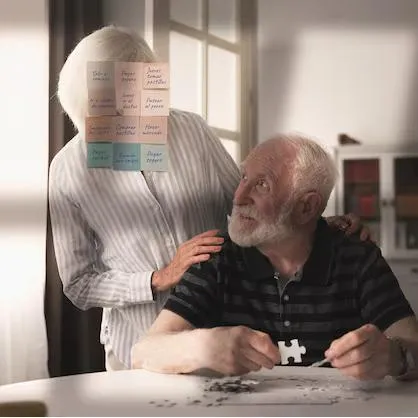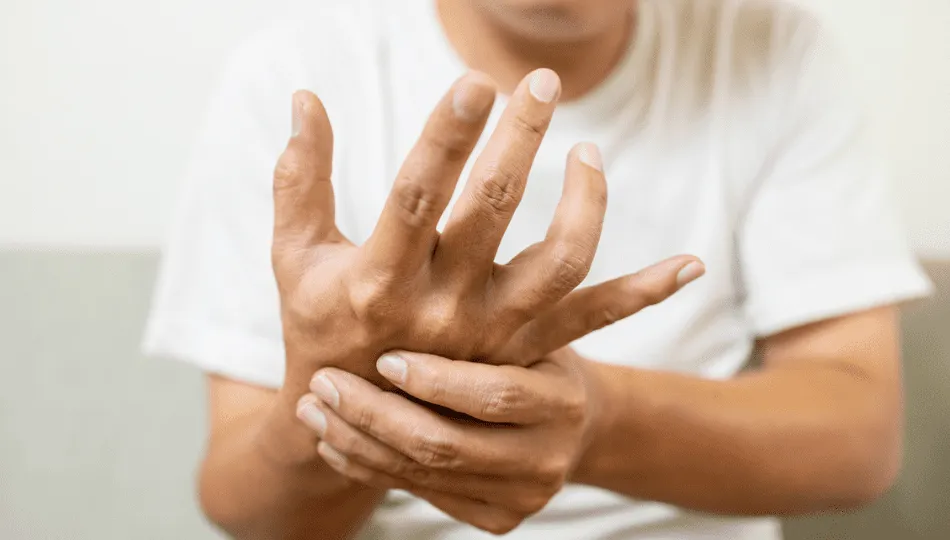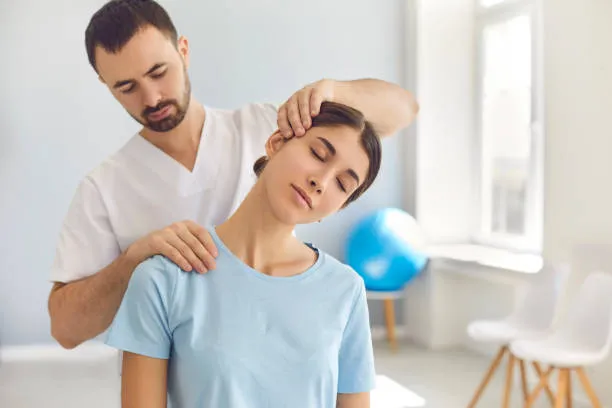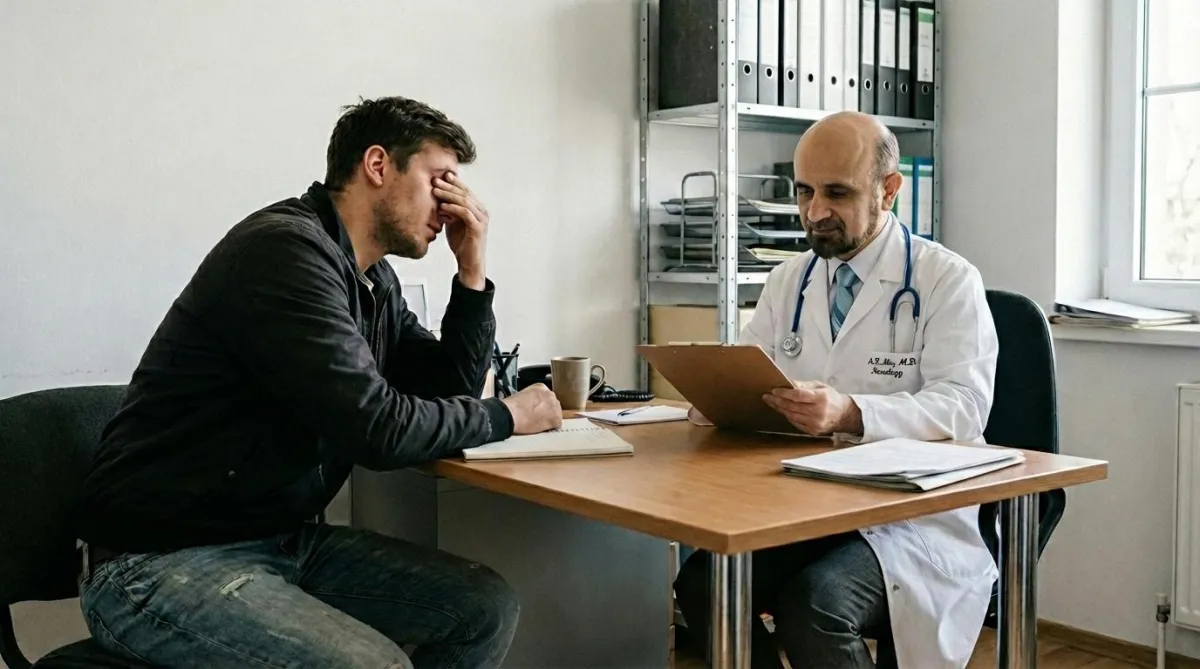DYSTONIA
Dystonia: Causes, Symptoms, Diagnosis, and Treatment
What is Dystonia?
Dystonia is a neurological movement disorder characterized by involuntary muscle contractions that result in abnormal movements and postures. These contractions appear as twisting movements, repetitive motions, or sustained muscle tightening. Dystonia affects one body area or several regions at the same time. Onset occurs in childhood or adulthood. Some forms are genetic, while others develop after neurological conditions, brain injury, or medication exposure.
At Mir Neurology, specialists diagnose and treat dystonia using advanced, evidence-based care plans focused on symptom control and daily function.
Types of Dystonia
1. Focal Dystonia
Focal dystonia targets one specific body region.
Cervical dystonia (torticollis): Causes involuntary neck muscle contractions, leading to head twisting, neck pain, and abnormal head posture.
Blepharospasm: Affects eyelid muscles, causing uncontrolled blinking or forced eye closure.
Oromandibular dystonia: It involves the jaw, mouth, and tongue, leading to speech difficulty, chewing problems, and swallowing issues.
Writer’s cramp: Impacts the hand or forearm, interfering with writing and fine motor control.


2. Generalized Dystonia
Generalized dystonia involves multiple body regions such as the arms, legs, trunk, and neck. This form often leads to significant movement limitations.
3. Segmental Dystonia
Segmental dystonia affects two or more adjacent parts of the body, such as the neck and arms or the face and jaw.
4. Task-Specific Dystonia
Task-specific dystonia appears during repetitive activities. A common example is musician’s dystonia, which disrupts finger or hand movement during instrument use.
Symptoms of Dystonia
Dystonia symptoms vary by type and severity. Common signs include:
Symptoms can fluctuate, and stress or fatigue can often make them worse.
Involuntary muscle contractions.
Twisting movements or repetitive motions.
Abnormal postures.
Muscle pain and stiffness.
Balance problems or abnormal gait.
Speech difficulties when facial or throat muscles are involved.
Tremors in some cases.


Causes and Risk Factors of Dystonia
Dystonia causes include:
Genetics – Certain forms of dystonia are hereditary and may be passed down through generations.
Neurological Disorders – Dystonia can be associated with other conditions like Parkinson’s disease, Wilson’s disease, or multiple system atrophy.
Brain Injury – Traumatic brain injury or stroke can sometimes lead to dystonia.
Medications – Certain medications, such as antipsychotics, can cause drug-induced dystonia.
Infections – Some infections that affect the brain can lead to dystonia.
Environmental factors – Exposure to toxins may also play a role in developing dystonia.
Diagnosis of Dystonia
To diagnose dystonia, our team at Mir Neurology conducts a comprehensive evaluation, including:
Medical History Review – We assess your medical history, symptoms, family history, and any previous neurological conditions or medications.
Neurological Exam – A thorough examination to assess muscle tone, movement patterns, and specific symptoms of dystonia.
Genetic Testing – In some cases, genetic testing is used to identify inherited forms of dystonia.
Brain Imaging – MRI or CT scans help rule out other conditions that may cause similar symptoms.
Electromyography (EMG) – A test to measure the electrical activity of muscles, which can help in diagnosing dystonia and assessing its severity.


Treatment Options for Dystonia
While there is no cure for dystonia, there are several effective treatment options available to manage symptoms and improve quality of life. At Mir Neurology, we develop personalized treatment plans based on the type and severity of dystonia.
1. Medications
Several medications can help manage dystonia symptoms:
Anticholinergics – Medications that help reduce muscle spasms and rigidity.
Benzodiazepines – Used to relax muscles and reduce anxiety that may exacerbate dystonia.
Dopamine Agonists – Often prescribed for dystonia associated with Parkinson’s disease or other movement disorders.
Botulinum Toxin (Botox) – Injections of botulinum toxin into affected muscles can help reduce muscle contractions, particularly for focal dystonias like cervical dystonia.
Muscle Relaxants – Medications that relax tight muscles and reduce pain.
2. Botulinum Toxin Injections (Botox)
Botox injections are a common and highly effective treatment for many types of focal dystonia. The toxin temporarily paralyzes the overactive muscles, allowing for relief from the twisting and abnormal postures caused by the condition.
3. Physical and Occupational Therapy
Physical therapy can help improve mobility and manage muscle stiffness. Occupational therapy can assist with daily activities and help patients learn techniques to reduce discomfort during tasks.
4. Deep Brain Stimulation (DBS)
For more severe cases of dystonia that don’t respond well to medications, Deep Brain Stimulation (DBS) may be considered. In this procedure, a small device is implanted in the brain to deliver electrical impulses that help control abnormal muscle movements.


5. Supportive Treatments
Speech Therapy – Helps individuals with speech difficulties due to dystonia, improving communication.
Pain Management – Treatments such as physical therapy, hot/cold therapy, or medications can help alleviate muscle pain associated with dystonia.
Living with Dystonia
Living with dystonia requires consistent care and long-term management. Many patients maintain active lives with proper treatment. Mir Neurology provides ongoing support, follow-up care, and personalized strategies to improve independence, mobility, and overall quality of life.
Get Expert Help

If you or a loved one is experiencing memory loss or cognitive decline, early diagnosis is key to effective management. Consult with our neurology specialists for personalized assessment and care plans.
Our Locations
To learn more about our experience or discuss your treatment options, please call us at (301) 797-7600 or schedule a consultation today!
Get our wellness newsletter
Filter out the noise and nurture your inbox with health and wellness advice that’s inclusive and rooted in medical expertise.
Contact Us
Complaint and Queries
(301) 517-7636
About | Careers
© Copyright 2026. Mir Neurology. All Rights Reserved.
A Part of Highland Healthy Living. Powered By CareSyncMarketing



